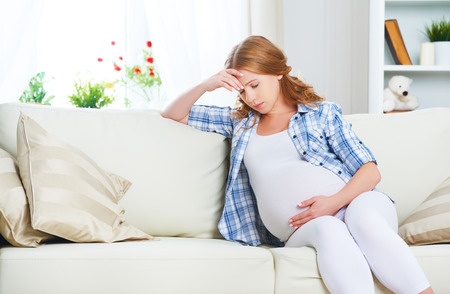 If you are pregnant and experiencing fatigue, you are not alone. Fatigue is often one of the first symptoms of pregnancy and may appear even before a woman knows she is expecting. Pregnancy affects every woman differently, however most women are more likely to feel tired during their first and third trimesters.
If you are pregnant and experiencing fatigue, you are not alone. Fatigue is often one of the first symptoms of pregnancy and may appear even before a woman knows she is expecting. Pregnancy affects every woman differently, however most women are more likely to feel tired during their first and third trimesters.Several factors lead to this increased fatigue during pregnancy. Rapid fetal growth during the first trimester requires more energy and increases maternal need for nutrients. At the same time, the body is producing more blood in order to carry these essential nutrients to the developing baby.
Production of progesterone – a hormone linked to fatigue – is also ramping up during the first trimester. The combination of all these physical changes along with increased emotional stress can lead to pregnancy fatigue
By the second trimester, most women regain some of their energy.This is a good time to make birth preparations and complete important tasks before the fatigue returns.
In the third and final trimester, the fetus is growing rapidly causing increased physical stress and sleep disturbances. Although fatigue is common during this stage of pregnancy, it’s important to talk to your OBGYN if you are unable to perform daily activities because of tiredness.
The following tips may help to combat pregnancy fatigue:
- Take naps and rest breaks throughout the day
- Eat a well-balanced, nutritious diet
- Drink plenty of water, but limit drinking before bed to reduce nightly trips to the bathroom
- Exercise regularly to increase blood flow
If fatigue continues or increases, consult your obstetrician.





